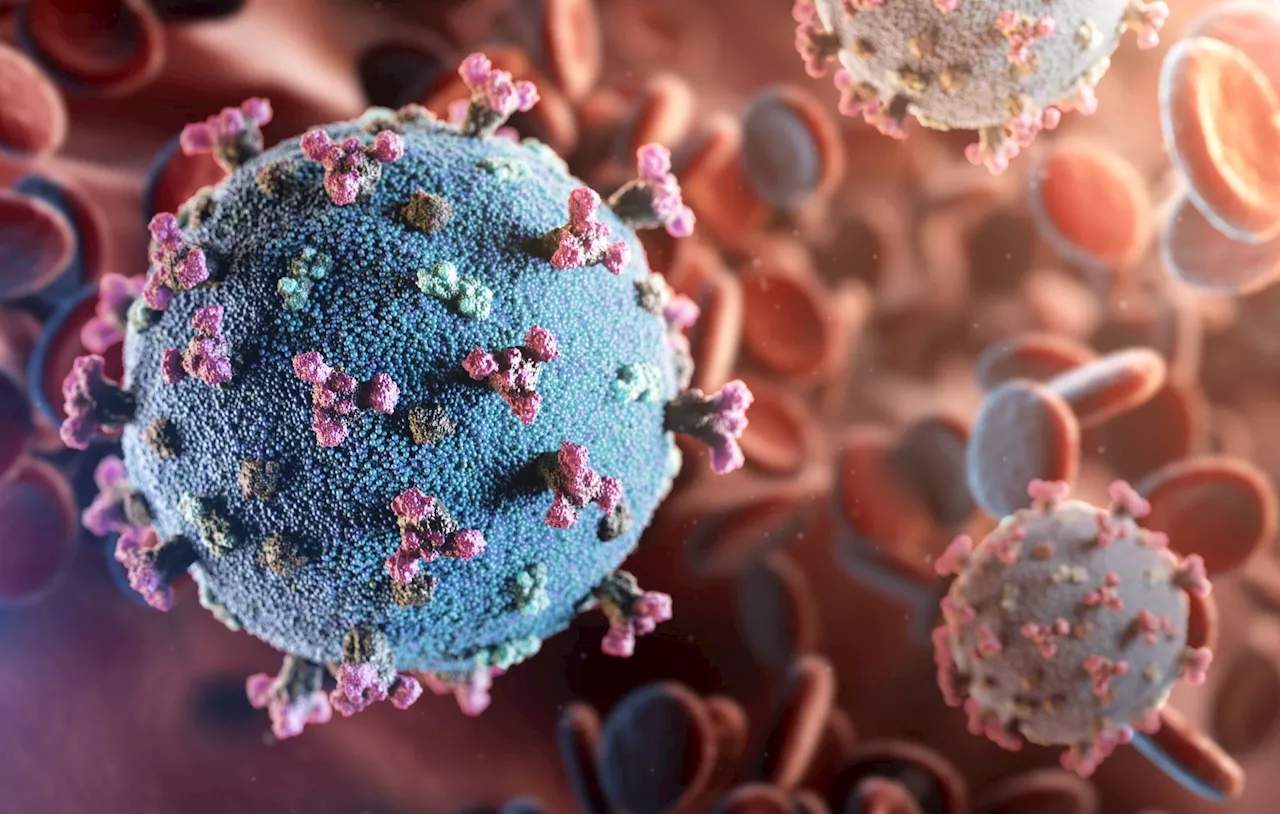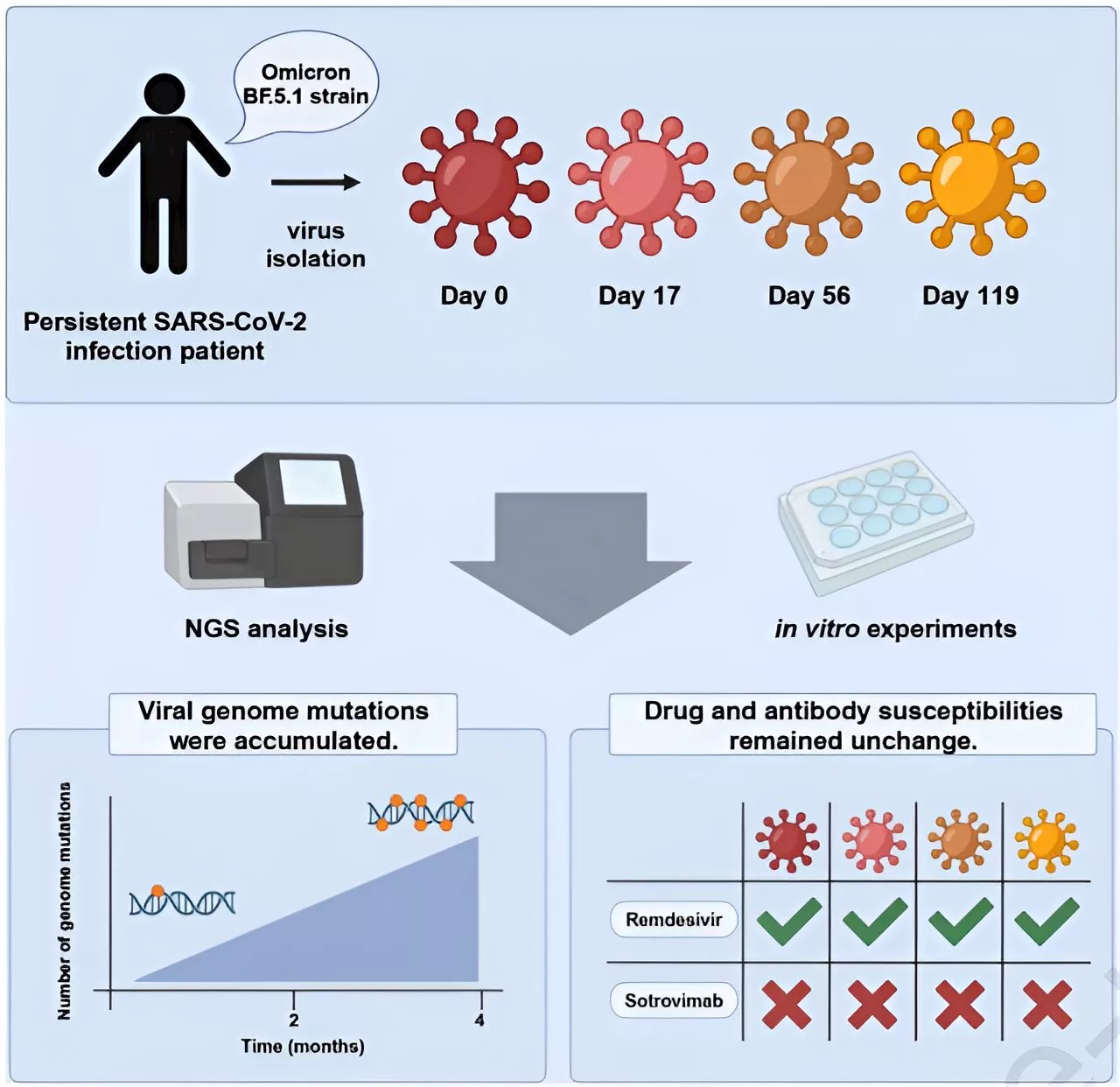A recent study in eClinicalMedicine assesses whether individuals with diabetes are more susceptible to developing long COVID, analyzing a UK cohort to explore the prolonged impact of SARS-CoV-2 infection in this population.
By Dr. Priyom Bose, Ph.D.Apr 22 2024Reviewed by Benedette Cuffari, M.Sc. The severe acute respiratory syndrome coronavirus 2 is the causal agent of the coronavirus disease 2019 . A recent eClinicalMedicine study investigates whether people with diabetes are more prone to develop long COVID, which is defined as the prolonged persistence of symptoms following SARS -CoV-2 infection.
Although scientists have identified several factors that contribute to the development of long COVID, few studies have explored the prevalence of long COVID at the population level. Understanding whether this prevalence varies by a specific comorbidity is essential. The current study investigated whether people with type 1 diabetes or T2D were susceptible to developing long COVID following SARS-CoV-2 infection. To this end, individuals with a history of T1D or T2D and COVID-19 confirmed through polymerase chain reaction testing were considered.
The researchers assumed that individuals with T2D regularly attend general practices to monitor their condition. This increases the likelihood of being diagnosed with long COVID more efficiently. A bidirectional association was observed between long COVID, T2D, and acute COVID-19. Those with a higher body mass index , younger females, or of mixed ethnicity who were diagnosed with T2D were at a greater risk of developing long COVID.
Diabetes Anxiety Brain Brain Fog Chest Pain Coronavirus Diabetes Mellitus Fatigue Insulin Muscle Pain Respiratory SARS SARS-Cov-2 Severe Acute Respiratory Severe Acute Respiratory Syndrome Sore Throat Syndrome Throat
Australia Latest News, Australia Headlines
Similar News:You can also read news stories similar to this one that we have collected from other news sources.
 Study reveals how SARS-CoV-2 hijacks lung cells to drive COVID-19 severityResearchers identified how SARS-CoV-2 targets and manipulates specific lung cells, using innovative techniques to trace the virus's impact on the cells' gene expression, revealing insights into early COVID-19 pathogenesis.
Study reveals how SARS-CoV-2 hijacks lung cells to drive COVID-19 severityResearchers identified how SARS-CoV-2 targets and manipulates specific lung cells, using innovative techniques to trace the virus's impact on the cells' gene expression, revealing insights into early COVID-19 pathogenesis.
Read more »
 Study reveals age-specific differences in nasal cells' response to SARS-CoV-2Important differences in how the nasal cells of young and elderly people respond to the SARS-CoV-2 virus, could explain why children typically experience milder COVID-19 symptoms, finds a new study led by researchers at UCL and the Wellcome Sanger Institute.
Study reveals age-specific differences in nasal cells' response to SARS-CoV-2Important differences in how the nasal cells of young and elderly people respond to the SARS-CoV-2 virus, could explain why children typically experience milder COVID-19 symptoms, finds a new study led by researchers at UCL and the Wellcome Sanger Institute.
Read more »
 Study Investigates the Influence of SARS-CoV-2 Infection on Children's Asthma RiskA recent study published in Pediatrics examines the relationship between SARS-CoV-2 infection and the onset of asthma in children.
Study Investigates the Influence of SARS-CoV-2 Infection on Children's Asthma RiskA recent study published in Pediatrics examines the relationship between SARS-CoV-2 infection and the onset of asthma in children.
Read more »
 Study highlights how age affects nasal cell response to SARS-CoV-2Researchers reveal age-related differences in nasal epithelial cell responses to SARS-CoV-2, showing variations in cell types and viral dynamics across pediatric, adult, and older adult groups.
Study highlights how age affects nasal cell response to SARS-CoV-2Researchers reveal age-related differences in nasal epithelial cell responses to SARS-CoV-2, showing variations in cell types and viral dynamics across pediatric, adult, and older adult groups.
Read more »
 Molnupiravir influences SARS-CoV-2 evolution in immunocompromised patientsStudy found that the antiviral molnupiravir affects the evolution of SARS-CoV-2 in immunocompromised patients, suggesting its use modifies viral mutation patterns and may impact viral evolution.
Molnupiravir influences SARS-CoV-2 evolution in immunocompromised patientsStudy found that the antiviral molnupiravir affects the evolution of SARS-CoV-2 in immunocompromised patients, suggesting its use modifies viral mutation patterns and may impact viral evolution.
Read more »
 Researchers predict real-world SARS-CoV-2 evolution by monitoring mutations of viral isolatesJunior Associate Professor Kazuo Takayama (Department of Cell Growth and Differentiation) and a collaborative team of researchers in Japan recently characterized SARS-CoV-2 collected from a persistent COVID-19 patient to identify critical factors responsible for generating new mutant strains.
Researchers predict real-world SARS-CoV-2 evolution by monitoring mutations of viral isolatesJunior Associate Professor Kazuo Takayama (Department of Cell Growth and Differentiation) and a collaborative team of researchers in Japan recently characterized SARS-CoV-2 collected from a persistent COVID-19 patient to identify critical factors responsible for generating new mutant strains.
Read more »
